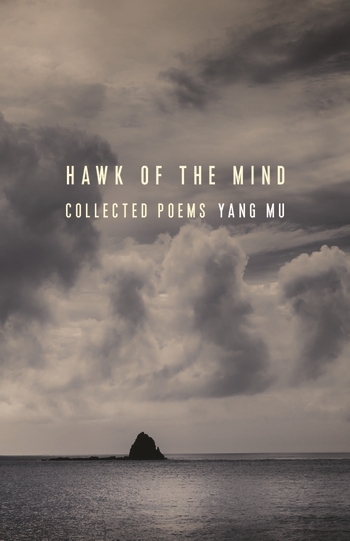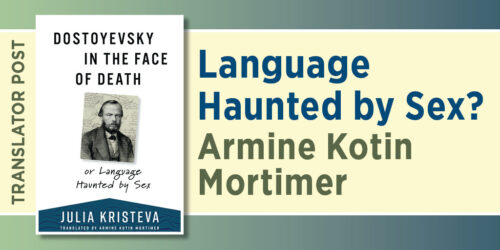It's Not Plagiarism. In the Digital Age, It's Repurposing — Kenneth Goldsmith on Uncreative Writing

Earlier this month, the Chronicle of Higher Education posted the introduction to Uncreative Writing: Managing Language in the Digital Age, by Kenneth Goldsmith. Not surprisingly, the piece drew a lot of comments both negative and positive and was cited and linked to on various places on the Web including such high profile places such as Andrew Sullivan’s Daily Dish and Poets & Writers.
In the introduction, Kenneth Goldsmith describes some of the ideas and works that have shaped his conception of uncreative writing, which is not only the title of his book but also a course he teaches in the writing department at the University of Pennsylvania. Goldsmith discusses various projects which use the overwhelming amount of text that is at our disposal in the Age of the Internet to create works that alter our understanding of language as well as the world around us. Goldsmith writes:
Far from this “uncreative” literature being a nihilistic, begrudging acceptance—or even an outright rejection—of a presumed “technological enslavement,” it is a writing imbued with celebration, ablaze with enthusiasm for the future, embracing this moment as one pregnant with possibility. This joy is evident in the writing itself, in which there are moments of unanticipated beauty—some grammatical, others structural, many philosophical: the wonderful rhythms of repetition, the spectacle of the mundane reframed as literature, a reorientation to the poetics of time, and fresh perspectives on readerliness, to name just a few. And then there’s emotion: yes, emotion. But far from being coercive or persuasive, this writing delivers emotion obliquely and unpredictably, with sentiments expressed as a result of the writing process rather than by authorial intention.
Goldsmith also addresses the ways in which literature can learn from visual art as it incorporates the digital into new ways of thinking about creativity and authorship. In discussing what the future might hold for writing, Goldsmith writes:
Careers and canons won’t be established in traditional ways. I’m not so sure that we’ll still have careers in the same way we used to. Literary works might function the same way that memes do today on the Web, spreading for a short period, often unsigned and unauthored, only to be supplanted by the next ripple. While the author won’t die, we might begin to view authorship in a more conceptual way: Perhaps the best authors of the future will be ones who can write the best programs with which to manipulate, parse, and distribute language-based practices. Even if, as Christian Bök claims, poetry in the future will be written by machines for other machines to read, there will be, for the foreseeable future, someone behind the curtain inventing those drones, so that even if literature is reducible to mere code—an intriguing idea—the smartest minds behind the machines will be considered our greatest authors.
In 1959 the poet and artist Brion Gysin claimed that writing was 50 years behind painting. He might still be right: In the art world, since Impressionism, the avant-garde has been the mainstream. Innovation and risk taking have been consistently rewarded. But, in spite of the successes of modernism, literature has remained on two parallel tracks, the mainstream and the avant-garde, with the two rarely intersecting. Now the conditions of digital culture have unexpectedly forced a collision, scrambling the once-sure footing of both camps. Suddenly we all find ourselves in the same boat, grappling with new questions concerning authorship, originality, and the way meaning is forged.
2 Responses
Leave a Reply
You must be logged in to post a comment.







Words and writers will certainly be affected by the web and already are making significant changes via the internet. More writers are gaining exposure to the masses and new media is taking off almost simply from exposure. As the internet has impacted musicians, comedians and actors, so it will impact writers. Celebrate it.